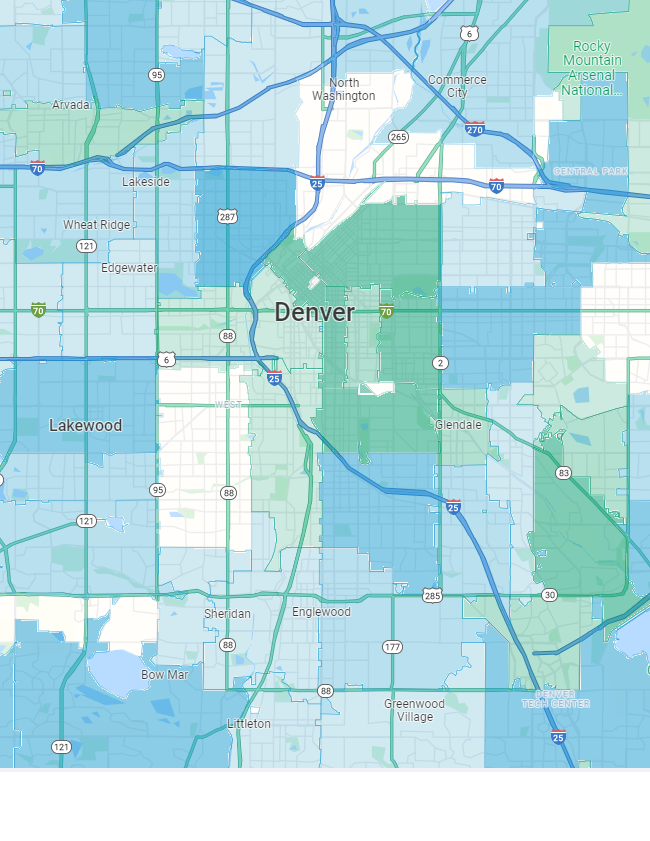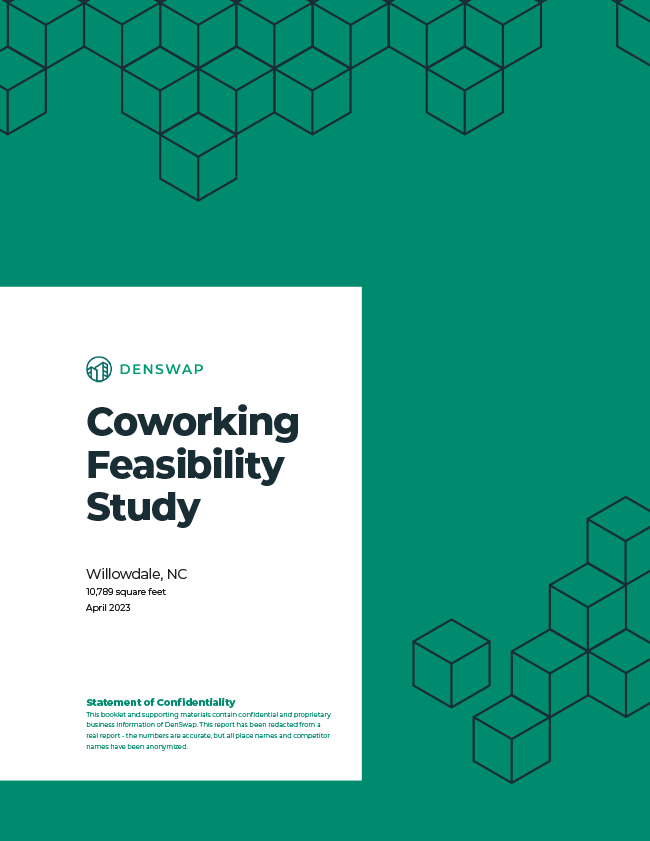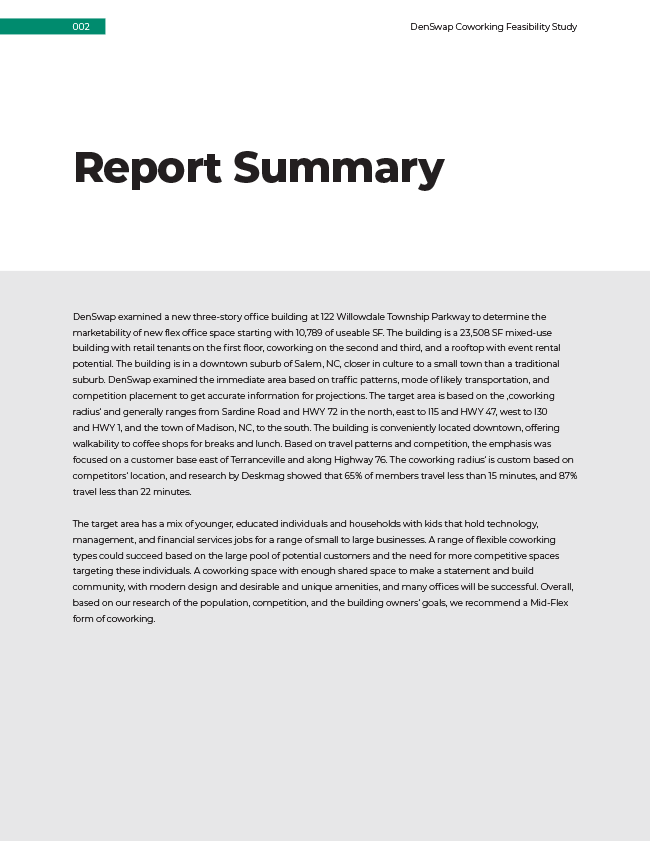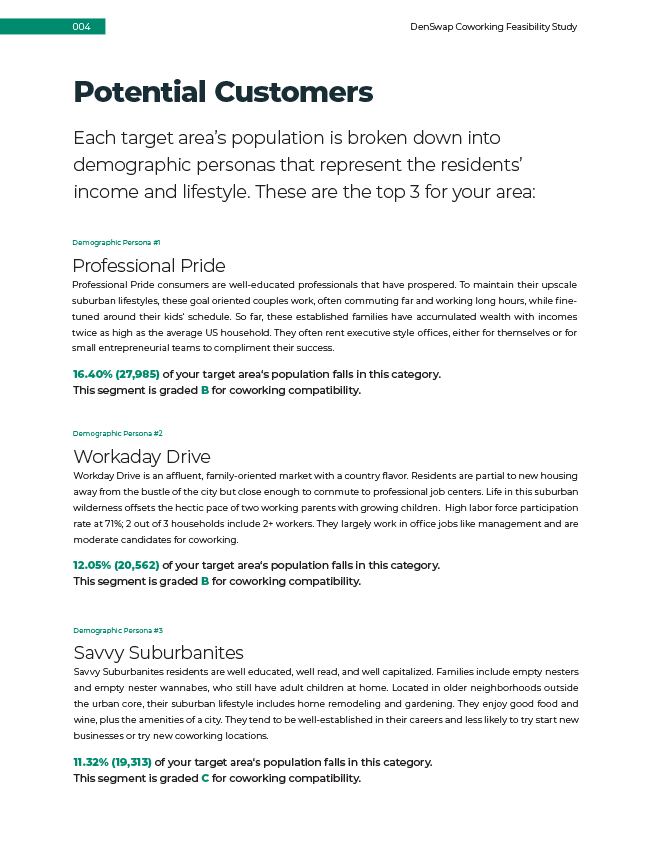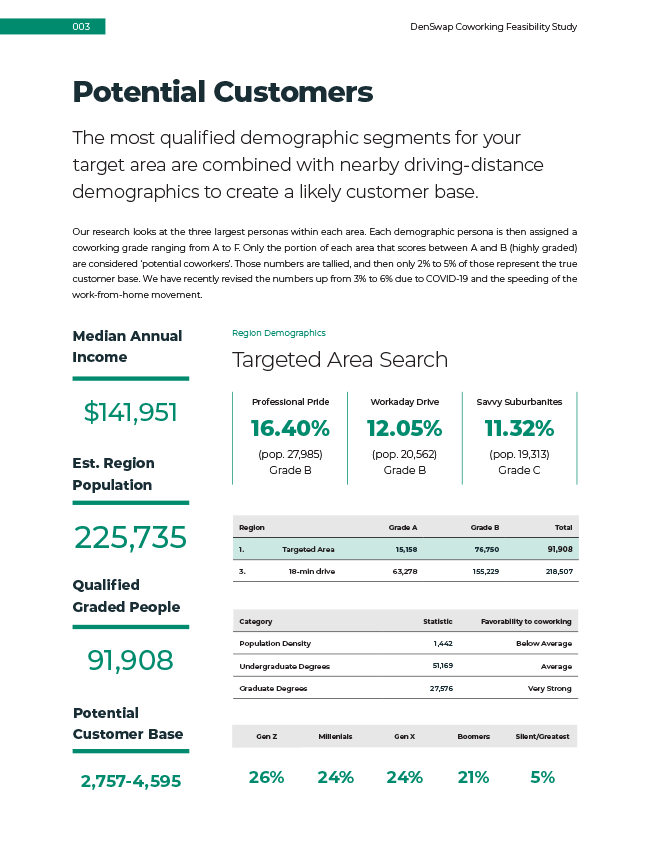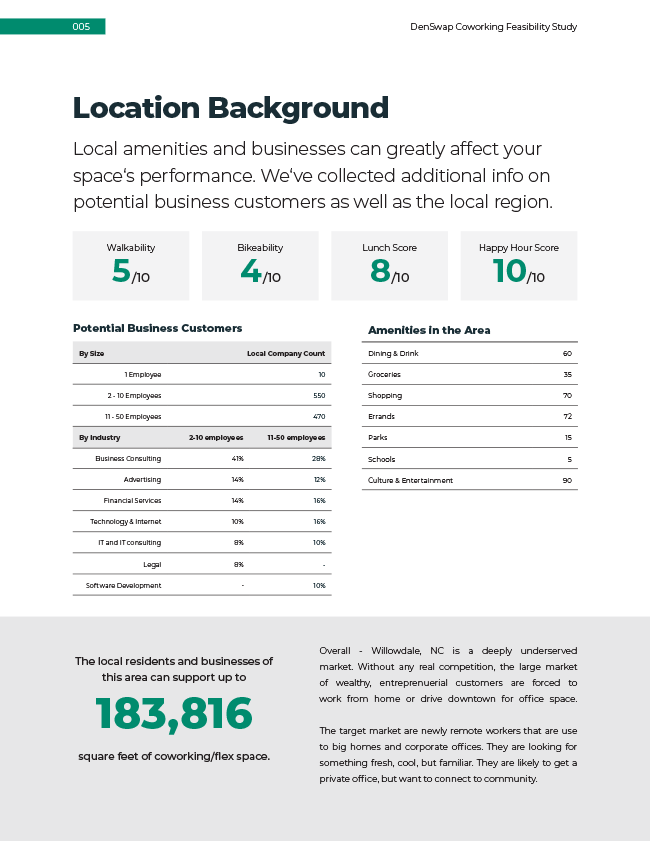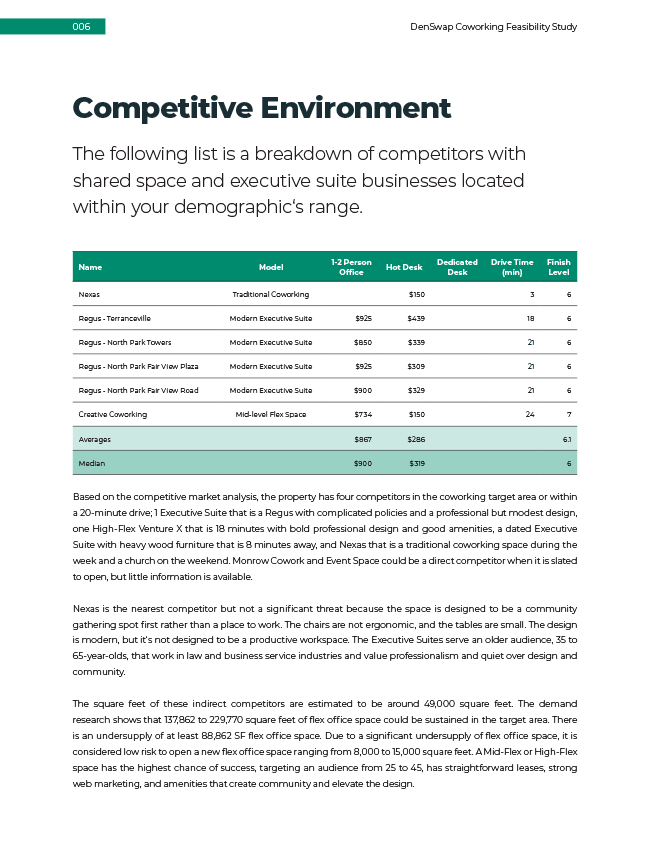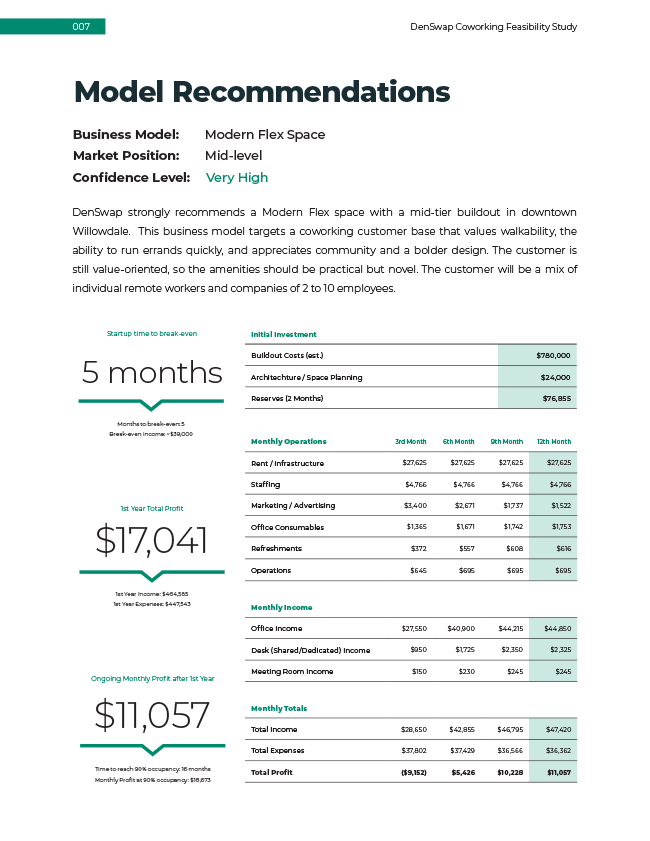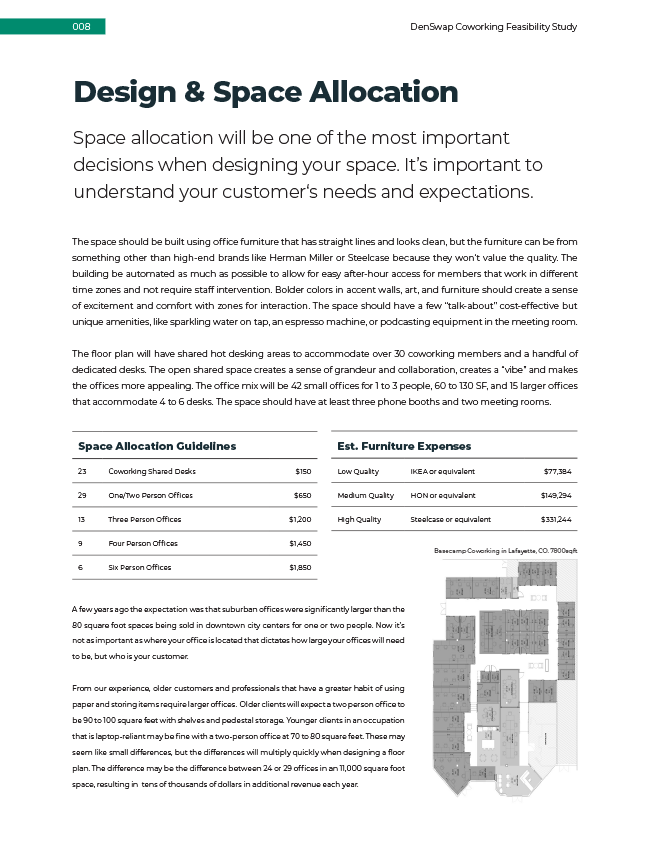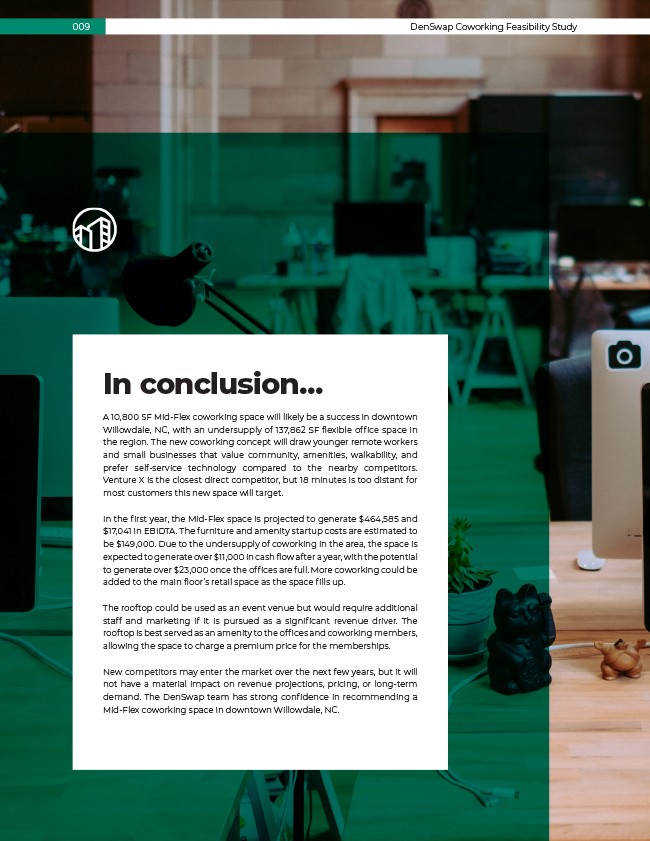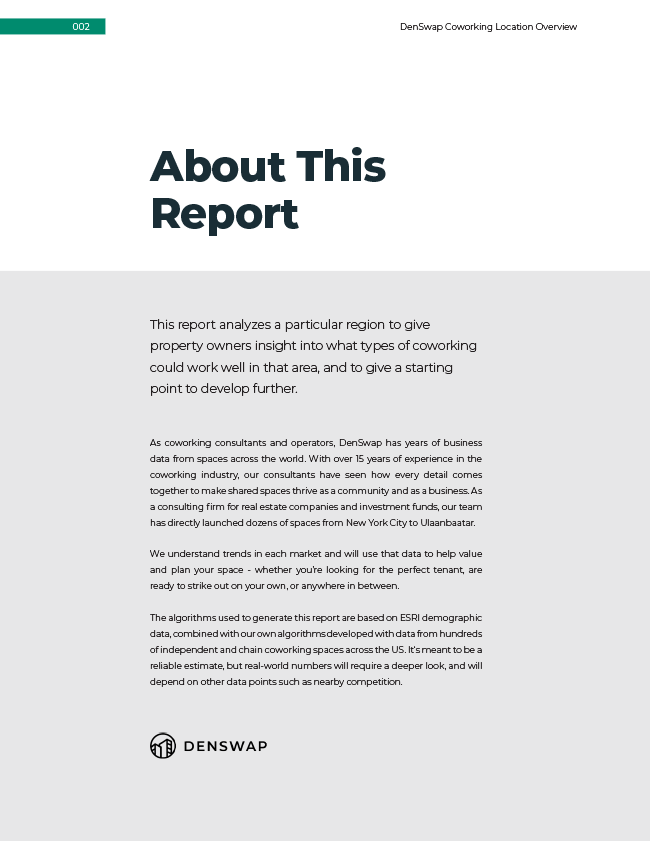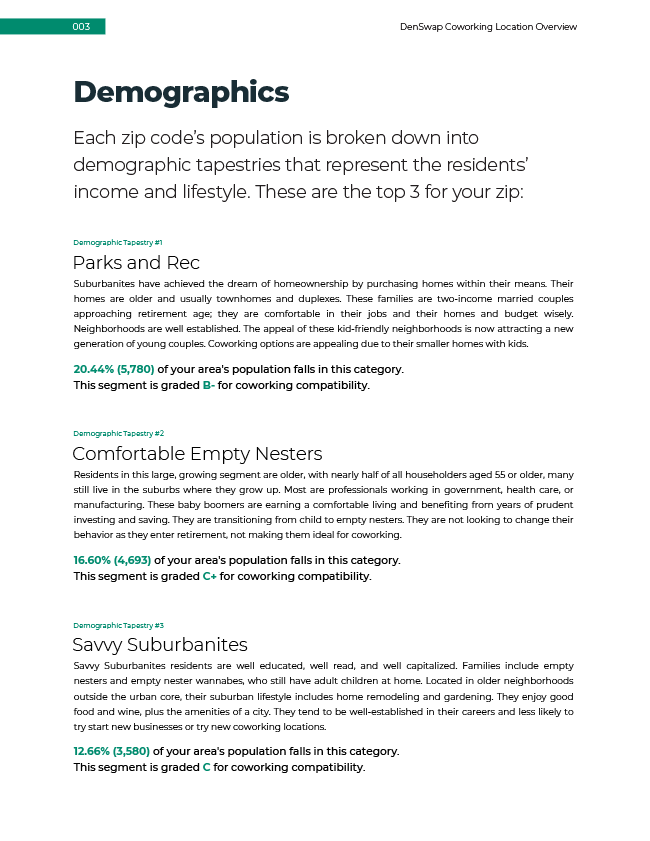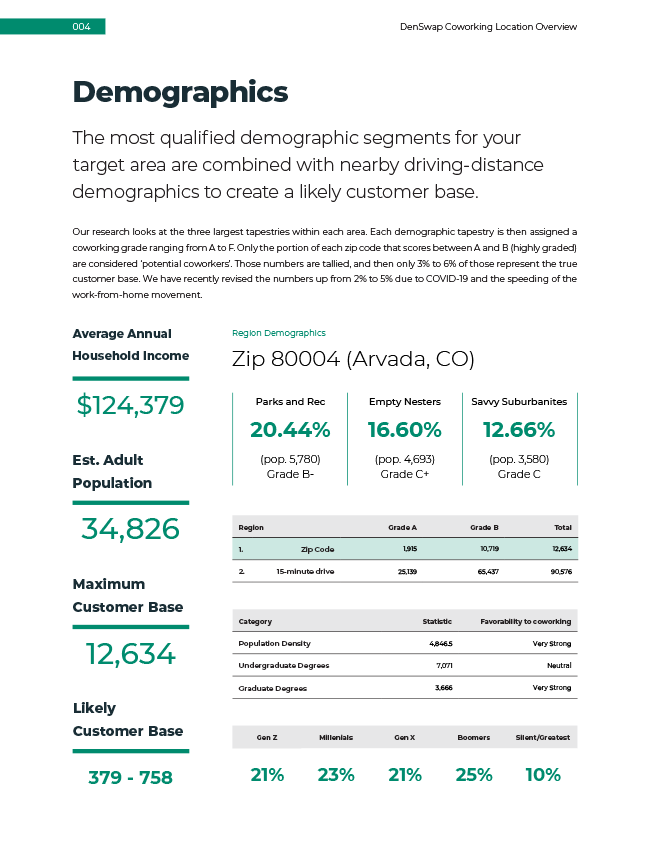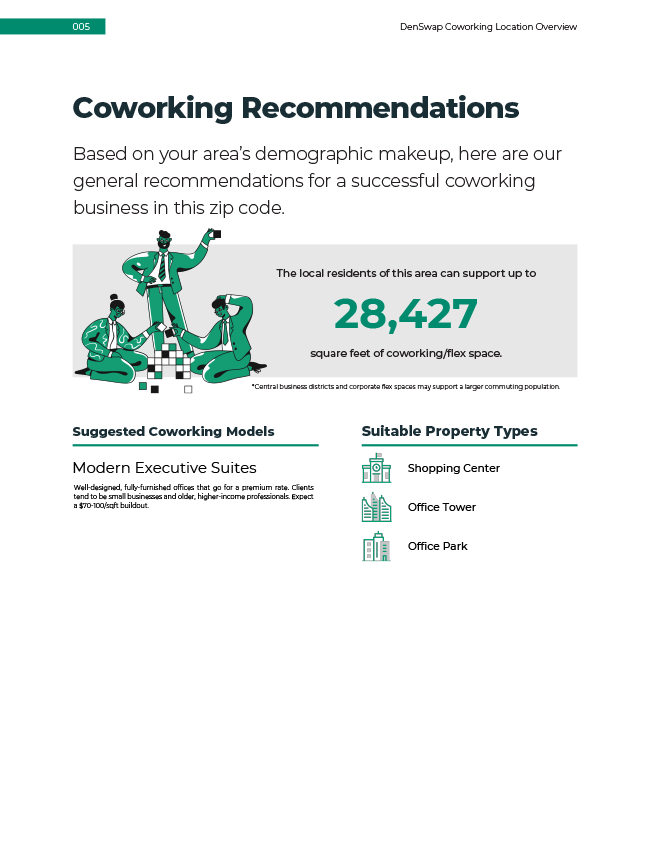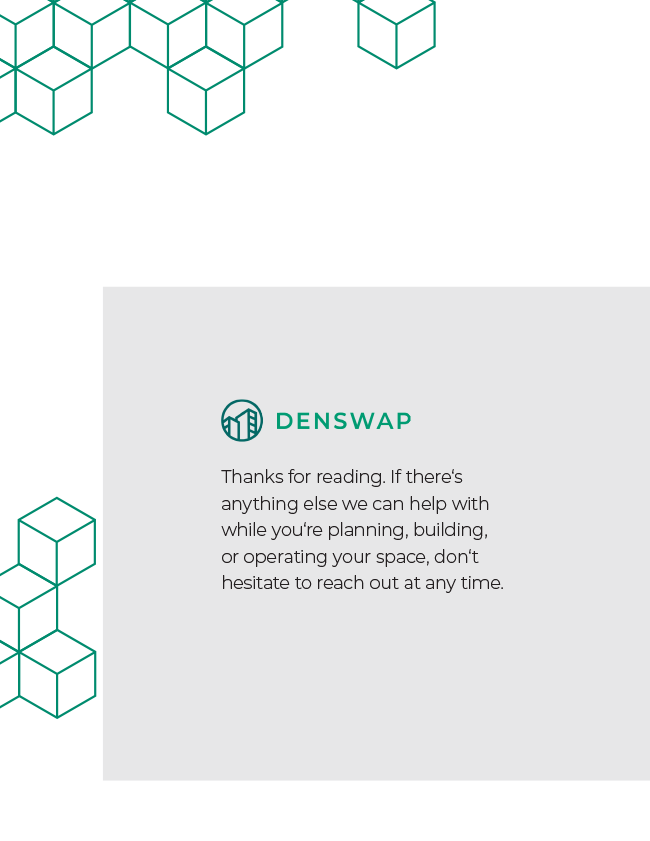This is big news and we expect it to be the start of a tidal wave of new members for flexible workspaces.The award was handed to five companies with Deskpass and Liquidspace as the main two platforms that will manage the huge federal workforce to small chains and independent spaces throughout the US.
The two web platforms market the spaces and handle the booking and payments so the coworking operator can focus on providing hospitality and designing the right product for the millions of federal workers. It’s suspected that federal workers will be given profiles and the ability to schedule meeting rooms, private offices, and shared desk day passes while payments are automatically handled in the background. The flood of new flexible federal workers will shift the federal government away from long-term leases as they stop renewing traditional office space.
What does this mean for landlords?
The way the federal government is going about it,creates an exciting opportunity for agile landlords to convert underperforming assets and attract a large new customer base that are seeking flexible, cool, and hospitality driven workspaces. The federal government is a leader in the adoption of flexible workspace and a validation of the model that other large companies are likely to follow. This all means that landlords that don’t’ experiment with flexible workspace are likely going to fall further and further behind as occupancies rise.
According to a recent survey by Savills, they found that 75% of landlords expect tenants to ask for more flexible terms going forward. Landlords need to start thinking about their commercial assets in a new way.
How landlords can take advantage of the 2 million new workers looking for space.
Landlords can start experimenting with flexible coworking operations with properties that are in a good location for flexible workspace and those that will require minimal build out for the new floor plan.
There are 4 main ways landlords can enter the flexible workspace industry.
- Start their own coworking brand and run the business.
- This is expensive and requires a hospitality skill set that is similar to operating a hotel versus maintaining a building. If successful, it does allow for the landlord to capture all of the profits
- Partner with an experienced coworking operator through a management agreement.
- This is the fastest method. Management agreements allow each party to focus on their strengths. The landlord manages the building and the operator markets and manages the flexible workspace. The revenue is split as a profit-share and the landlord collects all of the revenue until expenses are covered or through a simpler revenue share model.
- Franchise with a flexible space brand.
- The landlord picks a national franchise chain and operates the space themselves while paying franchise fees. This method allows the landlord to own the operation while not needing the expertise of managing a space.
- Leasing to a coworking operator.
- Coworking spaces are growing in demand and coworking operators have the upper hand with a lot of options. This has allowed more operators to enter into management agreements vs traditional long-term leases. However, some spaces remain to grow through traditional leases.
Landlords can use DenSwap’s Property Planning Tool to get a good sense of what model of coworking works best for their property.
Deprecated: Function the_category_ID is deprecated since version 0.71! Use get_the_category() instead. in /home/forge/v2web.propertyplanningtool.com/public/wp-includes/functions.php on line 5413


